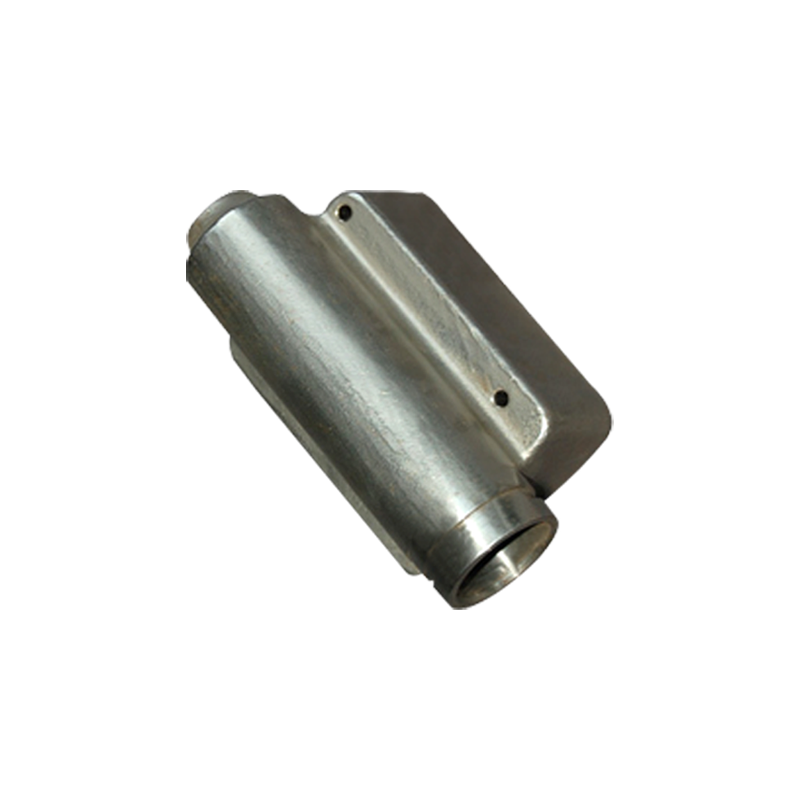Our quality assurance services and processes ensure the reliability of our products and your satisfaction.
Ductile iron has excellent mechanical properties. Compared with traditional gray cast iron, ductile iron has higher strength, better toughness, excellent ductility and impact resistance. This enables it to withstand greater mechanical stress and impact loads, and is particularly suitable for engineering fields that require high strength and durability. For example, in bridges, mechanical parts and various heavy equipment, ductile iron parts have shown excellent reliability, ensuring the stability and safety of engineering structures.
Ductile iron also has good corrosion resistance. In many occasions where corrosion resistance is required, such as water supply pipes, sewage systems and chemical equipment, ductile iron can effectively resist corrosion factors in water and the environment, significantly extend the service life of equipment and pipes, reduce the frequency of maintenance and replacement, and reduce overall operating costs. This corrosion resistance not only improves the efficiency of material use, but also allows engineering projects to operate stably for a long time in more severe environments.
From an economic point of view, the cost-effectiveness of ductile iron is also very significant. Compared with steel and other high-strength alloy materials, ductile iron has a lower production cost, while its strength and durability far exceed traditional cast iron materials. This means that the project party can obtain excellent materials with lower investment, which not only saves the initial procurement cost, but also reduces the cost of subsequent maintenance and replacement, and improves the economic benefits of the overall project.
Ductile iron parts have excellent casting properties and can manufacture parts with complex structures and precise dimensions. Whether it is engineering parts of various complex shapes such as pipes, valves or pump casings, ductile iron can achieve high-precision and high-quality production through modern casting technology to meet diverse design and application requirements. This processing advantage makes engineering design more flexible and promotes product performance optimization.
Ductile iron parts also have outstanding fatigue resistance. In many engineering projects, parts need to withstand long-term repeated loads, and ductile iron, due to its excellent microstructure, can effectively resist fatigue damage and ensure that the structure remains stable under multiple cyclic loads. This feature is particularly important for applications such as bridges, vehicle suspension systems, and mechanical transmission parts, which greatly improves the service life and safety of equipment.
With the popularization of environmental protection concepts, the recyclability and environmental advantages of ductile iron have gradually received attention. Ductile iron materials can be recycled and reused multiple times, reducing resource waste and environmental pollution, and meeting the requirements of modern engineering projects for sustainable development.
 Language
Language
 FT CASTING
FT CASTING















